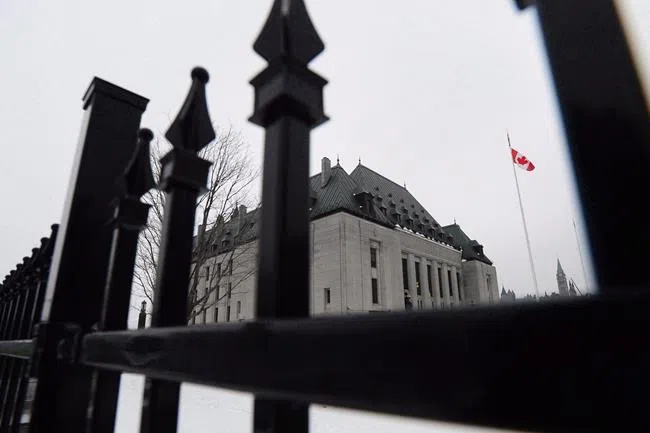
Supreme Court agrees to hear case on citizenship of Russian spy kids
OTTAWA — The Supreme Court of Canada will help settle the controversy of whether the Toronto-born sons of Russian spies are actually Canadian citizens.
A high court decision Thursday grants the federal government a chance to fight a Federal Court of Appeal ruling that effectively affirmed the citizenship of Alexander and Timothy Vavilov.
Alexander, 23, and Timothy, 27, were born in Canada to parents using the aliases Donald Heathfield and Tracey Ann Foley.
The parents were arrested eight years ago in the United States and indicted on charges of conspiring to act as secret agents on behalf of Russia’s SVR, a successor to the infamous Soviet KGB.
